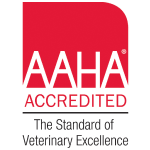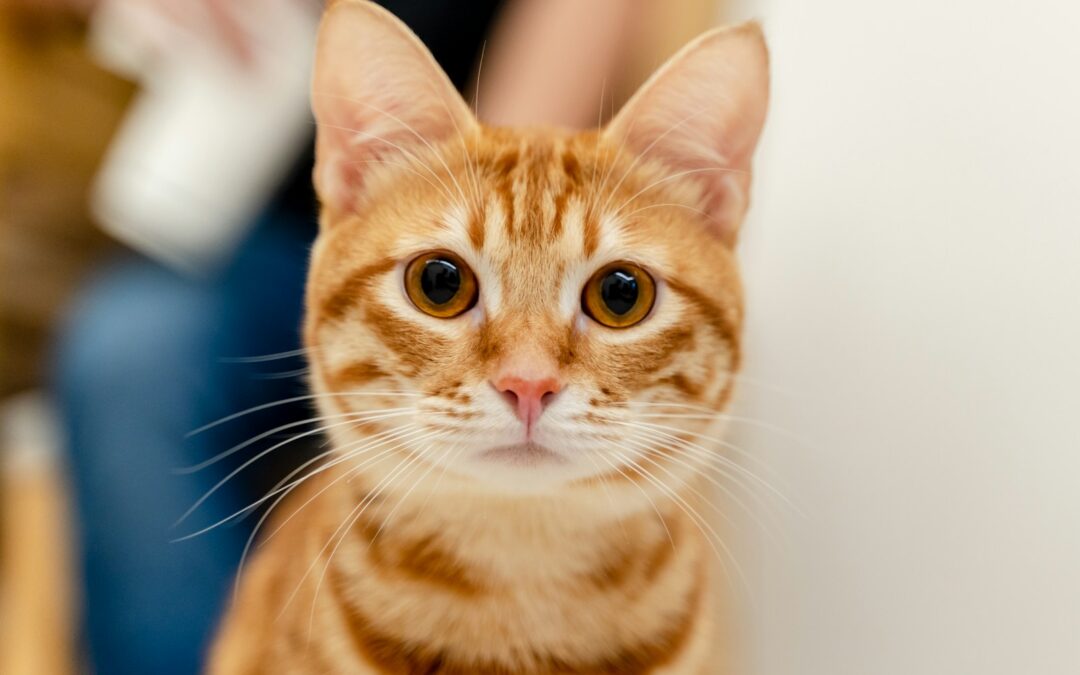Benjamin Franklin
Founding father, statesman, diplomat, mathematician, scientist, publisher of “Poor Richard’s Almanac,” and producer of such wisdom as “An ounce of prevention is worth a pound of cure.” Even then, in the 18th century, taking care of oneself, one’s family and one’s home was an important value. In the 21st century, we include our beloved pets in that list because they’re so much more than just animals; they’re family.
Preventive Care
We make sure they’re safe every day. From holiday celebrations to seasonal safety concerns, we try to protect our pets from every foreseeable danger. One of the most effective ways to protect them is through proactive preventive veterinary care.
Proactive Prevention
There are a myriad of ways that preventive veterinary care can impact both you and your pet. Regular veterinary examinations – annual or even biannual – increase the chances that a health condition will be caught in the earliest stages, improving the health outcome for your pet. Early detection of disease process may mean that your pet can be treated with changes in diet, exercise routine, or medication. When your pet goes for a regular check-up, your veterinarian will examine their:
- Ears and eyes
- Abdomen
- Heart and lungs
- Joints
- Skin
- Mouth
for any signs of disease. They may also order tests like blood work or a heartworm test, or ask to test their urine and feces. Some tests may be ordered for older pets and not for younger pets, or they may be suggested for a younger pet to get baseline information to make detection of disease easier in the future.
Vaccines
Most municipalities across the United States require a rabies vaccine for pets. Some municipalities only require a rabies vaccine to meet local requirements, but there are vaccines that are highly recommended because they prevent disease. Additional recommended vaccines for dogs might be:
- Leptospirosis, a bacterial infection contracted from soil or water contaminated by a sick animal’s urine
- Canine distemper, influenza, or parvovirus
- Bordetella
- Lyme disease
Recommended vaccines for cats include:
- FHV-1 and FCV (against upper respiratory infections)
- FPV against feline parvovirus
- FeLV against feline leukemia
- Chlamydophila felis (protects against conjunctivitis)
- Bordetella
Pet vaccines are very effective in preventing serious disease or illness in your pet, but they’re not the only preventive measure available.
Other Important Preventive Measures
Regular veterinary care and vaccinations are two ways to help protect your pet, but they’re not the only ways. Parasites like fleas, ticks, and heartworm are completely preventable through medications. There are even combination medications available to prevent parasites.
Other preventive care includes dental care which can detect other serious diseases including kidney disease and heart and lung problems in your pet.
Lastly, training and behavior management is a very important part of providing preventive care for your pet. Not only will you and your pet be happier when your pet is responsive to you, but training can help a pet who is fearful or anxious.
South Hyland Pet Hospital
South Hyland Pet Hospital, serving those in the Twin Cities Metro Area, provides many preventive and wellness services for your pet. We believe they’re the best way to make sure your pet lives a full, happy, healthy life. We look forward to meeting you and your pet bestie.
Image credit: Unsplash



